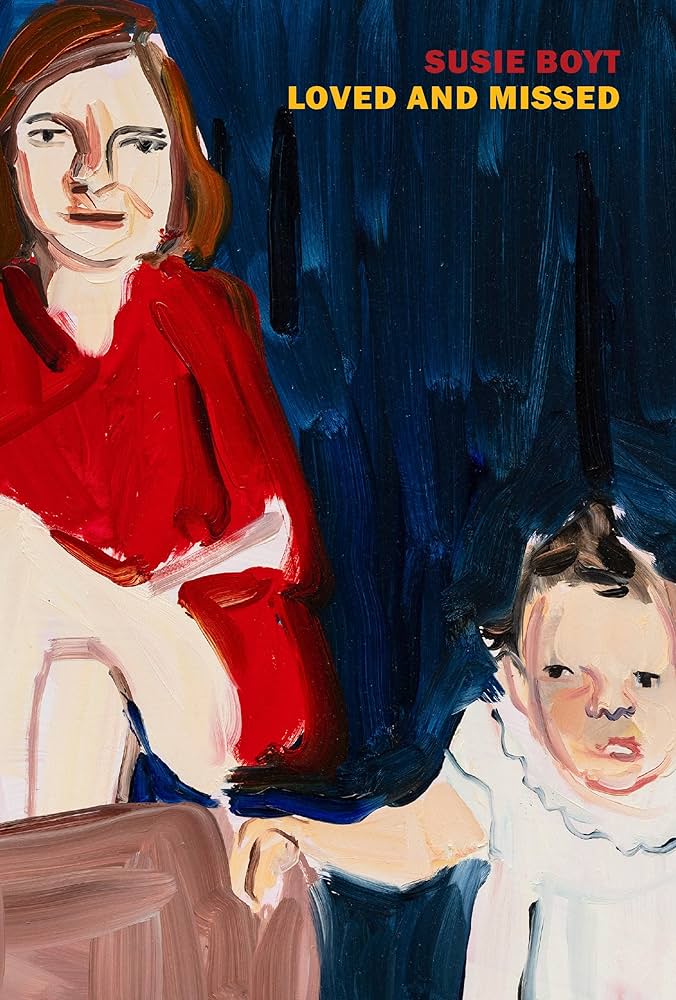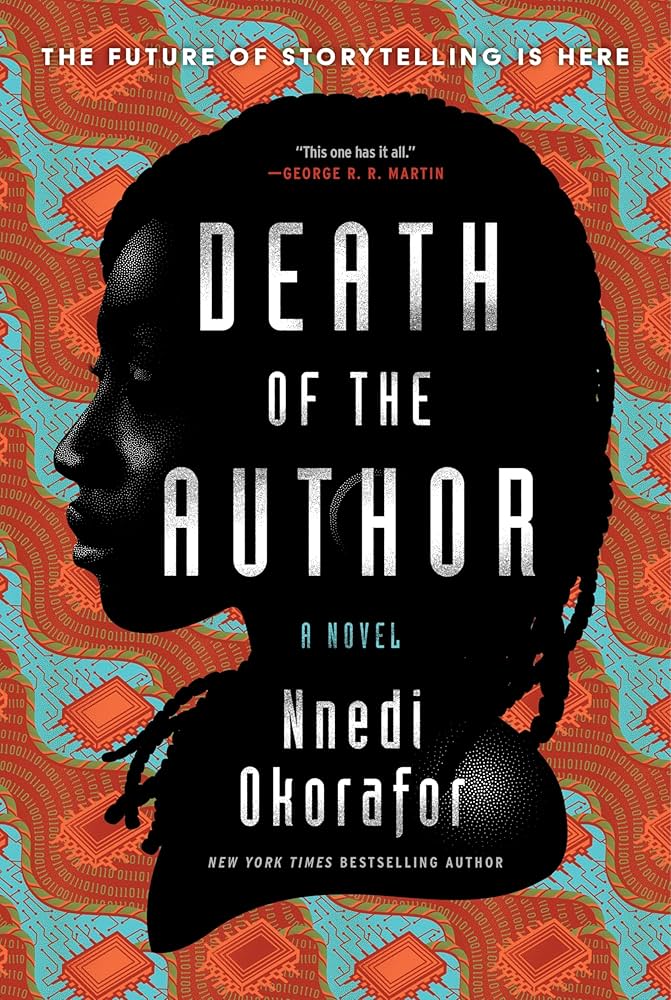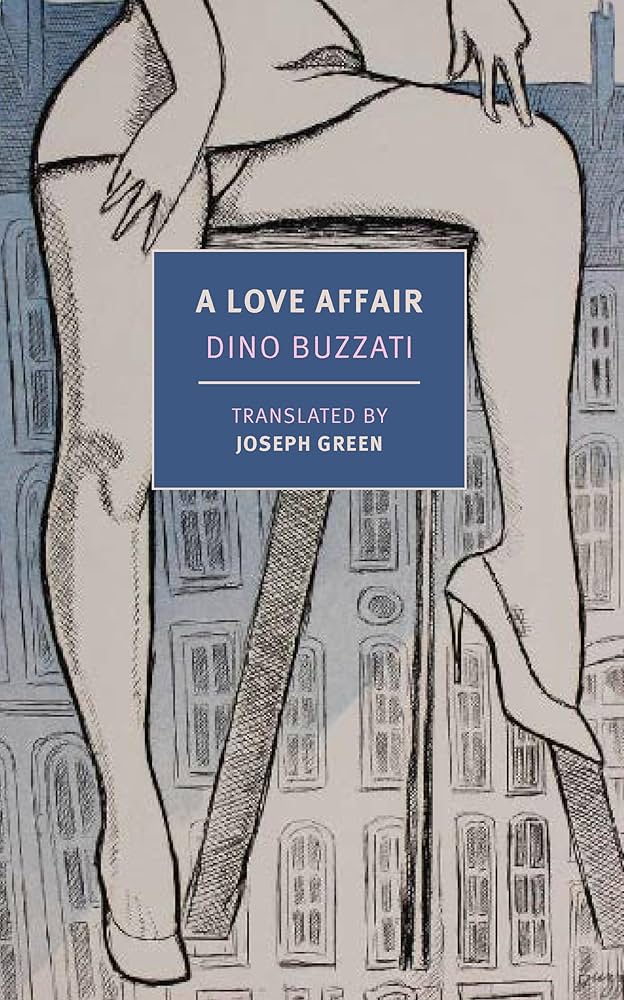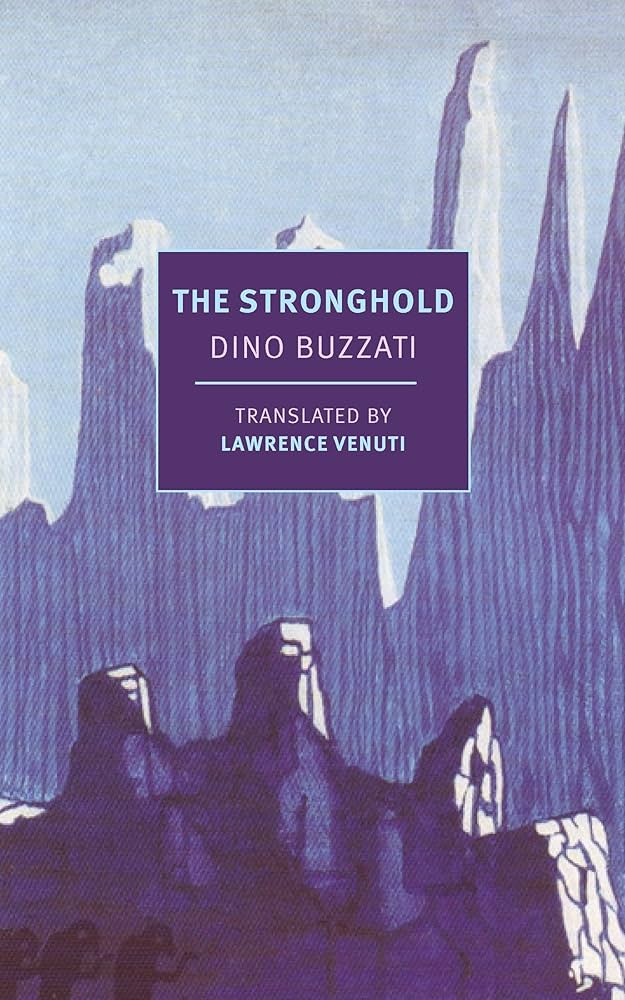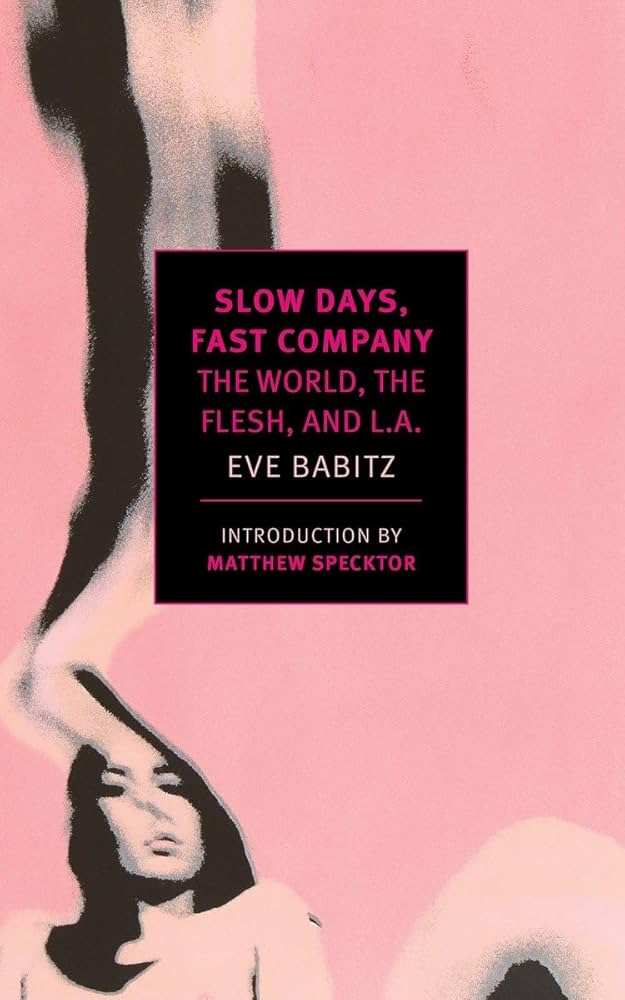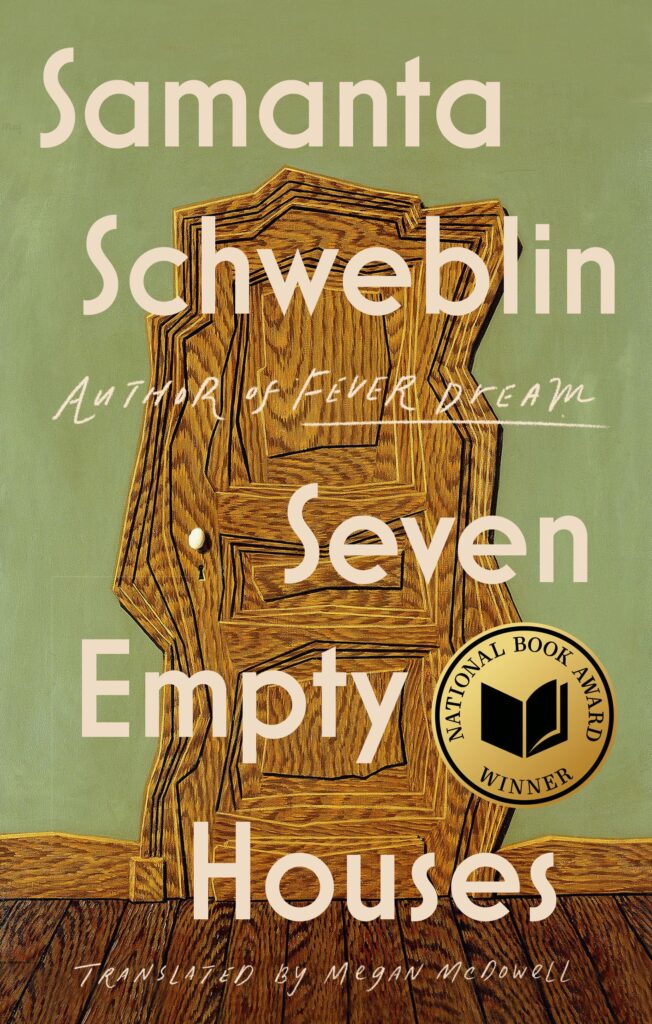Loved and Missed is the best thing I’ve read in 2024. A week ago I didn’t know who Susie Boyt was, and now she’s all I want to talk about. I’ll push people to buy this book, I’ll give it as a gift, I’ll reply to “Read anything good lately?” with this title for the foreseeable future.
No exaggeration: the last 25% of this book was read through tears. I put this down several times in the last sprint so that I could get my shit together. I was a mess reading the end of Loved and Missed.
This book is a masterpiece.
I bought this book on Friday from Type Books in the Junction, killing time before a wedding. It’s not an exclusive title to that store, but they had it on prominent display with a little ‘staff recommends’ tag under it, and the staff member couldn’t praise it highly enough when he saw it in my hand.
Sometimes books find you when you need them.
At the wedding that night I spent a long time talking with an old friend, catching up in that way that feels like there’s too much to cover that you don’t bother with pleasantries. We’ve both been fully through the wringer in recent years.
Each of us has a single child, and they are the same age. The two kids were close friends until adolescence when they started to drift apart. My kid’s life is filled with art, music, and gender dysphoria; his is filled with rebellion, poor instinct control, and awful, terrible luck.
We talked for a long time about the limits of what parents are able to do for their kids — the window to shape the way they approach life and risk is short, and even when it’s open you might not say the right things, or the right way, or be convincing enough. About the late-night second-guessing that every parent does, or that I assume they do (that I do). And the optimism required the next morning to muster the will to do it all over again.
Loved and Missed is about that optimism. It’s about finding reasons to keep going, the details that make it all worth it. It’s told by Ruth, a woman who is raising her own granddaughter named Lily. Ruth’s daughter (and Lily’s mother) Eleanor is a drug addict, and Lily was born an addict. From birth, Ruth is a strong, stabilizing force for Lily, and eventually becomes her full-time caregiver.
Ruth is a fierce momma bear to Lily. At times she’s confused, frustrated, scared, insecure, angry, defiant, tender, nurturing and furious. The genius of Boyt’s writing is finding tiny moments that exist outside of the doubt and fear that parents feel, to appreciate the kindness, sweetness, brilliance and humanity of Lily as she grows up.
Boyt writes like the mind works – a mundane detail will trigger a memory that spans multiple pages, heartbreaking or beautiful moments described in detail, spinning around until it recenters on the now and picks up where it left off. Mistakes that are long-forgotten for everyone else, and tiny moments of beauty and tenderness are crystallized in Ruth’s memory.
Ruth marvels as Lily grows from an infant to a teenager, while worrying that it was her own deficiency that drove Eleanor to self-destructive behaviour. She holds out hope that Eleanor will find her way, even when she gets a call that Eleanor is in jail. She makes meals for Eleanor and invites her to events, knowing full well how it’s going to turn out.
The beauty of the book is in the details, and the flawless depiction of the two main characters (Ruth and Lily) to the tiniest detail, but never dull, never too much. We get to know and love each of them, which eventually makes the stakes extremely high, and the book an unforgettable masterpiece.
The book made several big-name Best Of lists in 2021, but somehow I missed it. Here are some links to reviews that I read after finishing the book, that helped me articulate what I loved so much about it. I recommend waiting until after you’ve read the book to read these — they all contain spoilers for the plot, and for some of the brilliance of the writing. The first one is genuinely eye-opening.
LA Review of Books: A Particularly Intimate Mourning: On Susie Boyt’s “Loved and Missed” by Eric Gudas
The New Yorker: A Novel About the Therapeutic Impulse and Its Discontents by Jane Hu (Archive link)
The Atlantic: Tolstoy Was Wrong About Happy Families by Hillary Kelly (Archive link)

